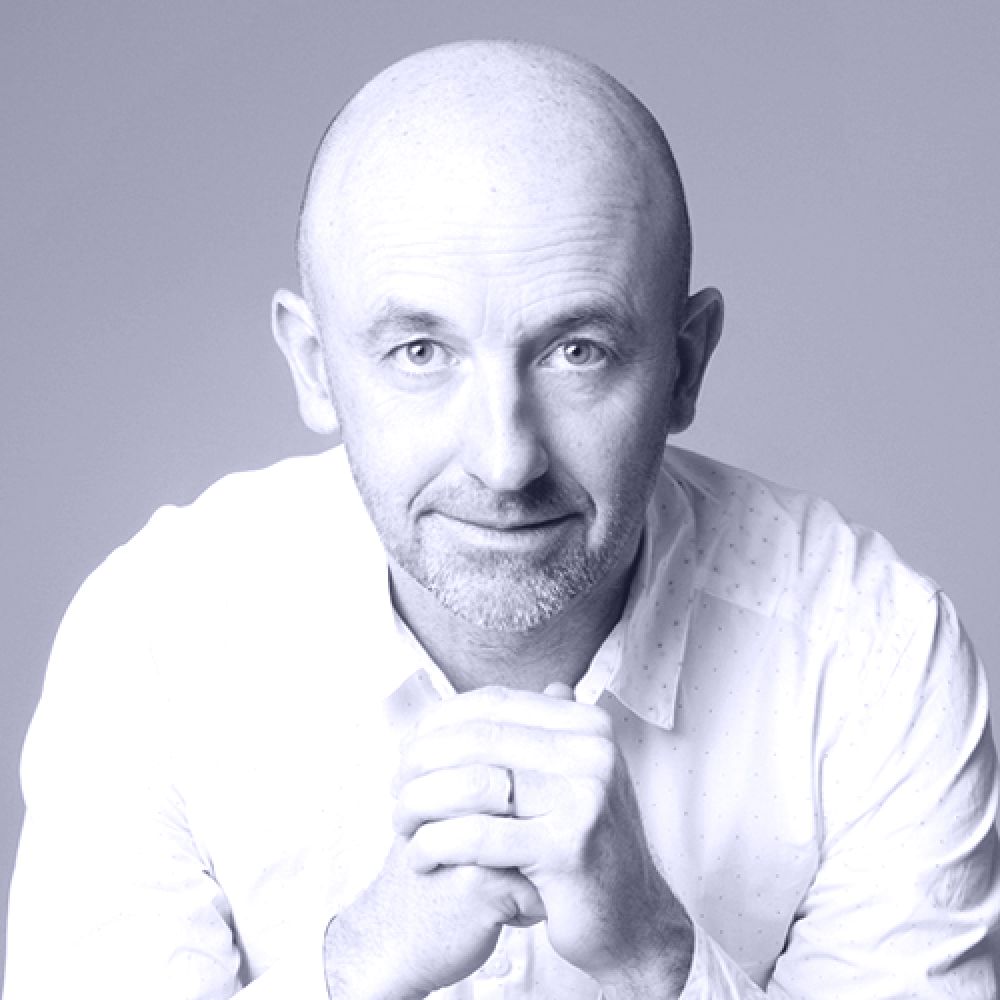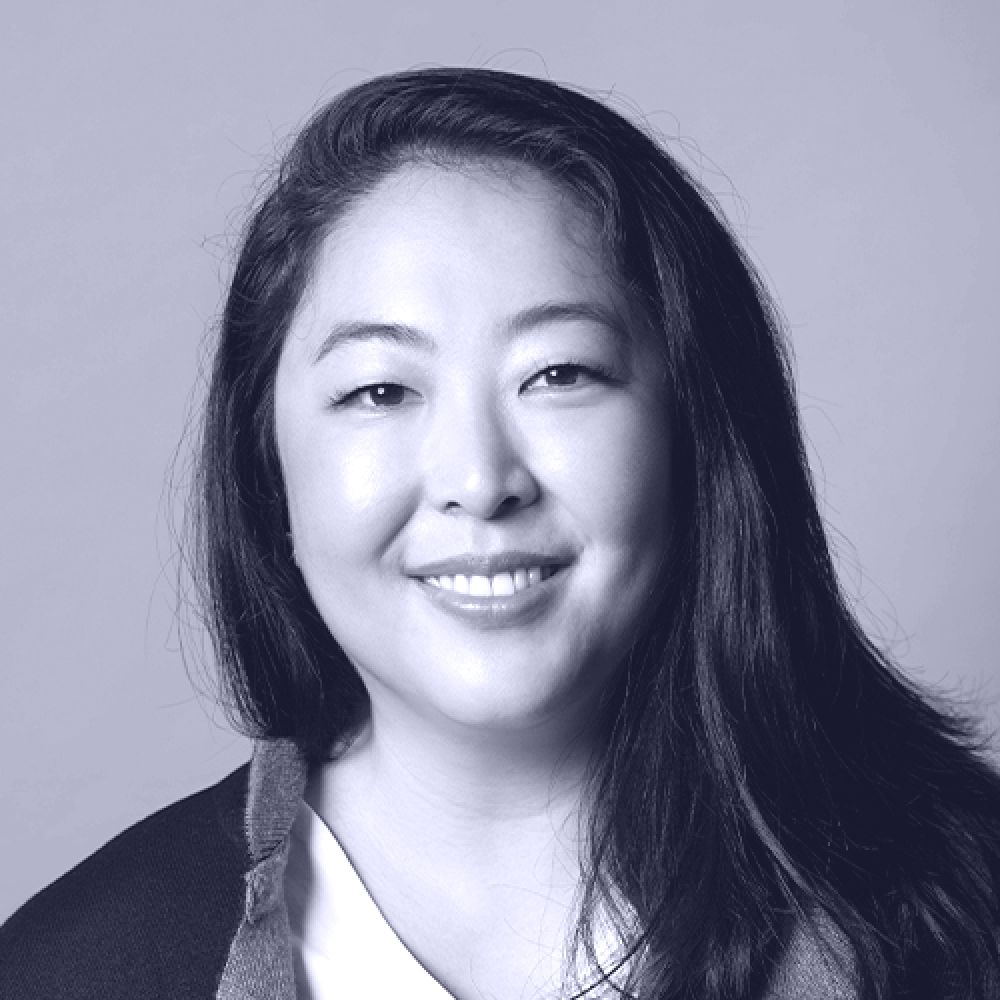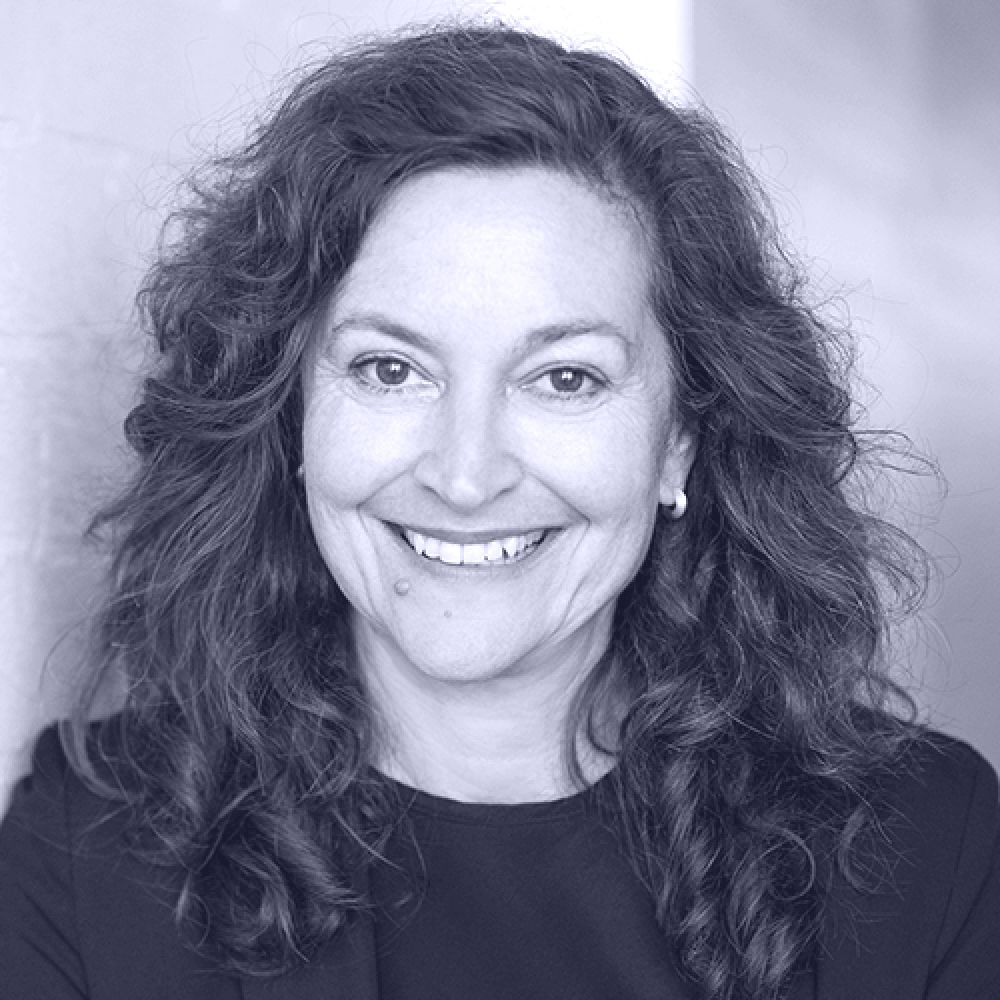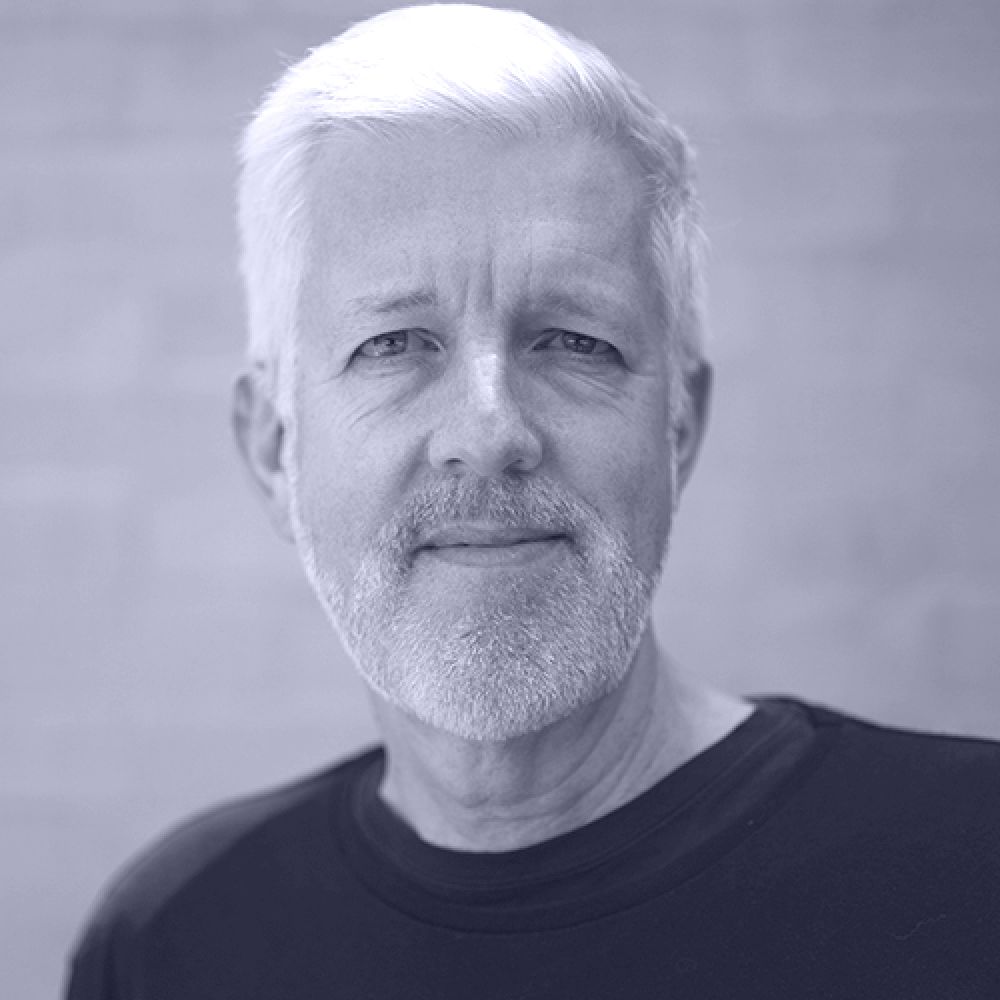Details.
When
Wednesday 16 October 2019
8.45am – 5.00pm
Where
Eternity Playhouse
39 Burton Street
Darlinghurst Sydney NSW
— Google Maps
Tickets
Ticket sales for this event are closed.
Partners
Supporting partners
Earn CPD Points
Contacts
Nicole Greenwell
Sponsorship and Events Header Image Bellahõj School by Kant Arkitekter and Effekt Architects.Program.
- 8.45 am Arrival and seating
-
9.00 am
Welcome
Katelin Butler, editorial director, Architecture Media -
9.15 am
Keynote
Ian Goodfellow, partner, Penoyre & Prasad; deputy chair, Higher Education Design Quality Forum (UK) -
10.00 am
Keynote
Julie Wells, vice-principal (strategy and culture), The University of Melbourne (Melbourne) - 10.45 am Morning tea
-
11.15 am
Case study: vertical daycare centres
Andrew Burges, director, Andrew Burges Architects (Sydney) -
11.35 am
Case study: Fortitude Valley State Secondary College
Christina Cho, director, Cox Architecture (Brisbane) -
11.55 am
Case study: Northcote High School Performing Arts Centre
Kerstin Thompson, director, Kerstin Thompson Architects (Melbourne) -
12.15 pm
Keynote
Ruth Wilson, director, Architectus (Melbourne) - 1.00 pm Lunch
-
2.00 pm
Keynote
Pasi Sahlberg, Professor of Educational Policy, Deputy Director, Gonski Institute for Education, School of Education, UNSW (Sydney) -
2.45 pm
Keynote
Karl-Martin Buch Frederiksen, partner, Kant Arkitekter (Copenhagen, Denmark) -
3.30 pm
Dissection
Moderator: David Clarke, studio chair, Woods Bagot (Sydney)
Ian Goodfellow, Julie Wells, Ruth Wilson, Pasi Sahlberg and Karl-Martin Buch Frederiksen -
4.00 pm
Closing comments
Katelin Butler, editorial director, Architecture Media - 4.15 pm Closing drinks
- 5.00 pm Event closes
Keynote Addresses.
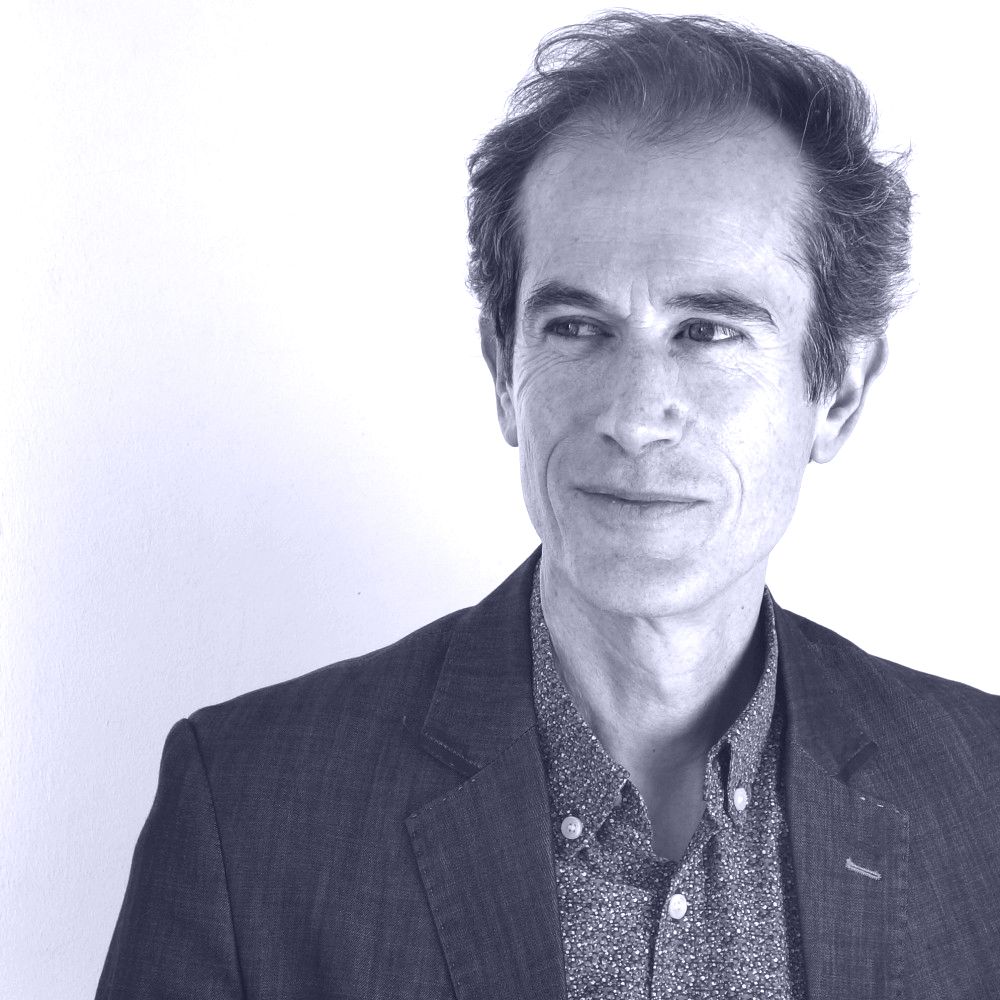
Pedagogic, economic and cultural trends currently shaping UK university design
Presented by
Ian Goodfellow, Partner, Penoyre & Prasad
Ian Goodfellow is a partner at the architectural practice Penoyre & Prasad and deputy chair of the UK charity Higher Education Design Quality Forum, which promotes high-quality design in university campuses and buildings. Ian will give an overview of how changes in pedagogy and wider economic and cultural trends are currently shaping UK university design, and the research being undertaken by the Higher Education Design Quality Forum to assist universities and designers to respond to these changes.
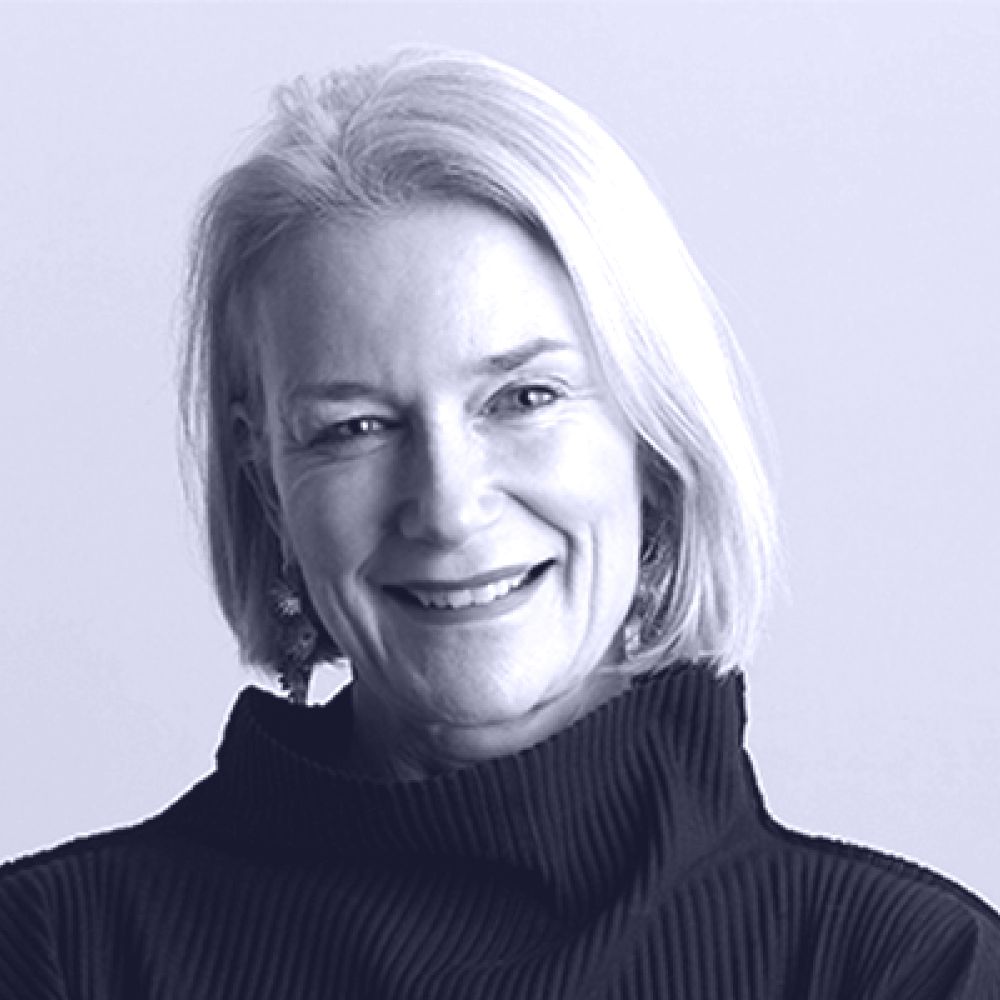
TAFE and university: Differences in design
Presented by
Ruth Wilson, Director, Architectus
Tertiary and TAFE institutions have traditionally operated as separate entities. However, university facilities are increasingly reflecting a more hands-on, problem-based, industry-connected TAFE mentality: industry innovation hubs, simulation suites, maker spaces and object-based learning labs are providing tertiary students with things that TAFE students have arguably always experienced.
On the flip side, TAFE courses are increasingly training digital skills, with IT, cybersecurity, business or digital content production coming to the fore as the fourth industrial revolution advances. As a result, TAFE facilities are evolving from their traditional trade-based workshop roots. As one sector heavily influences the other, are the facilities meeting in the middle?
With reference to project case studies in both TAFE and university contexts across Australia, Ruth Wilson, director at Architectus, will explore the convergence of the two education typologies, along with other aspects that are heavily influencing the future of education design, such as funding models and budgets.
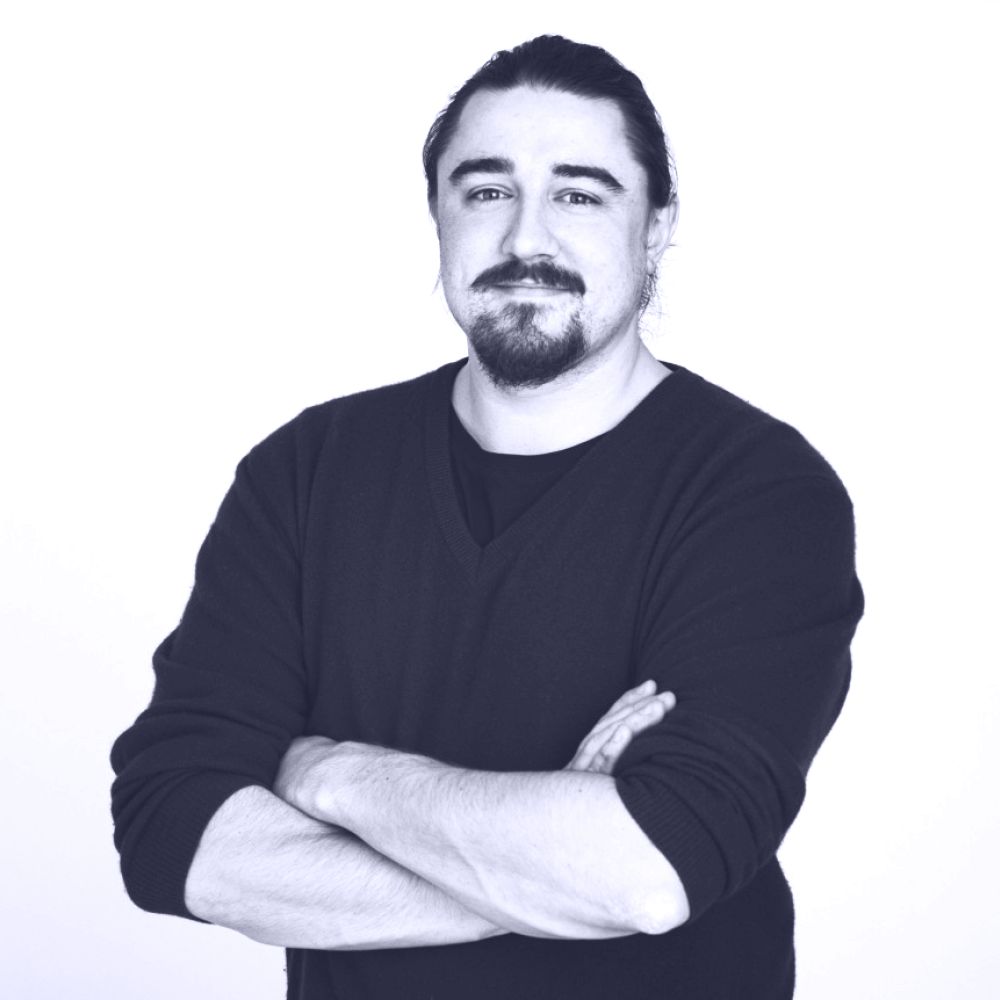
Nordic educational architecture and virtual learning spaces
Presented by
Karl-Martin Buch Frederiksen, Partner, KANT
Karl-Martin Buch Frederiksen, partner and architect at KANT architects in Denmark, will present a series of education buildings designed by KANT, and discuss future projects and the Scandinavian approach to educational buildings.
Nordic educational architecture is approaching a paradigm change. In recent years, the virtual learning space has entered the stage and has become a direct extension of the classic classroom. By working with future scenarios on learning and by continuing to accumulate knowledge about learning spaces, it is Karl-Martin’s vision that these new waves can have a conducive effect on our behaviour, wellbeing and learning ability.
Scandinavia has a welfare model that makes it possible to challenge and rethink the way we learn. How we can challenge and rethink the Scandinavian education model will be one of the key topics of this presentation.
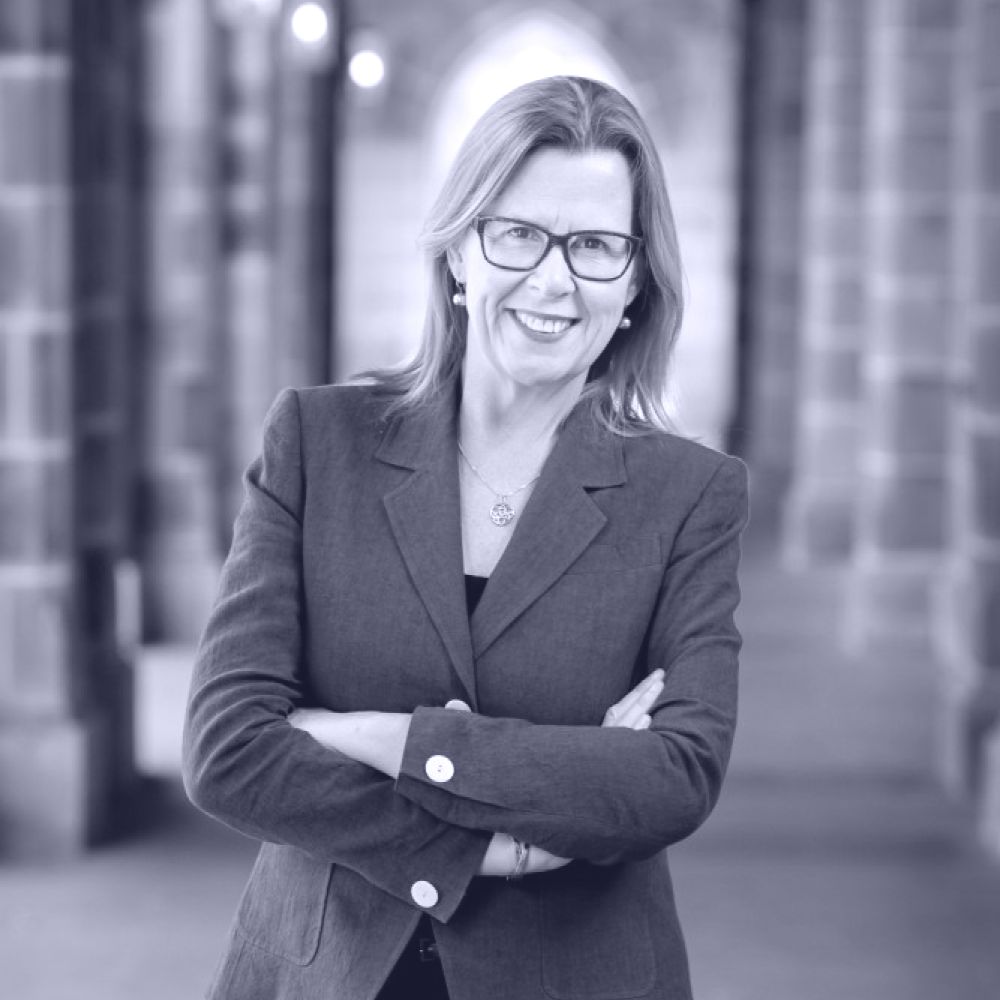
Campus planning and design
Presented by
Julie Wells, Vice President, Strategy and Culture, The University of Melbourne
Universities are among the most significant property developers in Australia, and actively shaping the cities and communities they inhabit. Increasingly, they are focused on leveraging the strategic value of their estate: in terms of the quality of their student and staff experience, for example, or through infrastructure which is designed to foster collaboration through co-location with partners in research and education. With limited funding available for capital, universities are also seeking new and creative ways to fund their capital investment, and to better realise its financial value. This address will use these themes to explore the external and internal forces which are shaping our thinking and our business models in relation to campus planning and design, drawing on examples from the University of Melbourne.
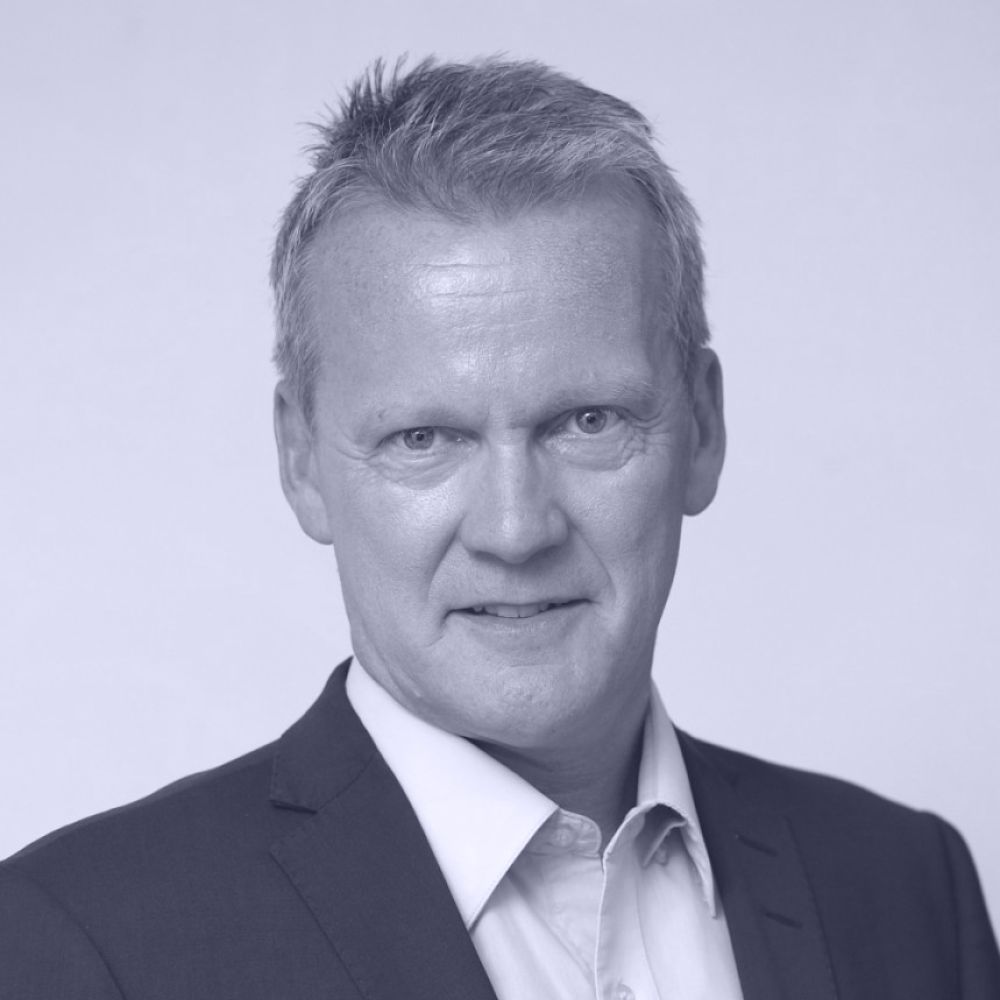
Pedagogy, structure and politics in education design
Presented by
Pasi Sahlberg, Professor of Educational Policy, deputy director, Gonski Institute for Education, School of Education, UNSW Sydney
Pasi Sahlberg has worked as schoolteacher, teacher-educator, researcher and policy advisor in Finland and has analysed education policies and advised education policymakers around the world. He has gained working knowledge in over sixty countries, as a former senior education specialist at the World Bank in Washington, DC, lead education specialist at the European Training Foundation, director general of the Ministry of Education in Finland, and a visiting professor at Harvard University.
Case Studies.
Vertical daycare centres
Presented by
Andrew Burges, Principal, Andrew Burges Architects
Early learning and childcare design faces a number of challenges in fulfilling the current needs for service provision in denser urban contexts. This talk discusses the challenges and opportunities for the design of childcare facilities in tighter and transforming urban contexts, often requiring vertical solutions and integration into existing buildings to accommodate the tighter footprints and contingencies of urban sites.
Three case studies are explored, demonstrating attempts to achieve innovative designs in denser urban contexts: The East Sydney Early Learning Centre in Darlinghurst, Huntley Street Early Learning Centre in Alexandria, and Academy Early Learning Centre in North Rocks. These projects are reviewed through the lens of fundamental best practice principles for early learning, including natural light and ventilation, learning and connection with the nature, and close integration between inside and outside play spaces.
Fortitude Valley State Secondary College
Presented by
Christina Cho, Director, Cox Architecture
Christina Cho will present Fortitude Valley State Secondary College, the Queensland government’s first vertical school. The project’s inception required extensive research, diverse stakeholder input and new pedagogical thinking to develop both the educational brief and a shared set of design principles for a new educational typology.
The site in the Fortitude Valley has a rich education history, which has been drawn upon and interpreted in the design of the new secondary college; built environments that endure and are cherished by future generations reflect and respond to the unique stories of their place in our cities.
Northcote High School Performing Arts Centre
Presented by
Kerstin Thompson, Principal, Kerstin Thompson Architects
Kerstin Thompson is principal of Kerstin Thompson Architects (KTA), professor of design in architecture at Victoria University of Wellington (NZ) and adjunct professor at RMIT and Monash Universities. In recognition of the work of her practice, contribution to the profession and its education Kerstin was elevated to Life Fellow by the Institute in 2017. The practice focus is on architecture as a civic endeavour, with an emphasis on the user’s experience and enjoyment of place.
Dissection Moderator.
David Clarke
Principal, Tallowwood Architecture
In his unique 35-year career, David has traversed states, countries and sectors at scales ranging from solo to global practice. This journey has provided him with a deep understanding of the importance of high quality design to our regions and cities, and an eyes-wide-open perspective on how the architectural profession and the construction industry more broadly can best deliver it.
David Clarke
Principal, Tallowwood Architecture
In his unique 35-year career, David has traversed states, countries and sectors at scales ranging from solo to global practice. This journey has provided him with a deep understanding of the importance of high quality design to our regions and cities, and an eyes-wide-open perspective on how the architectural profession and the construction industry more broadly can best deliver it.



